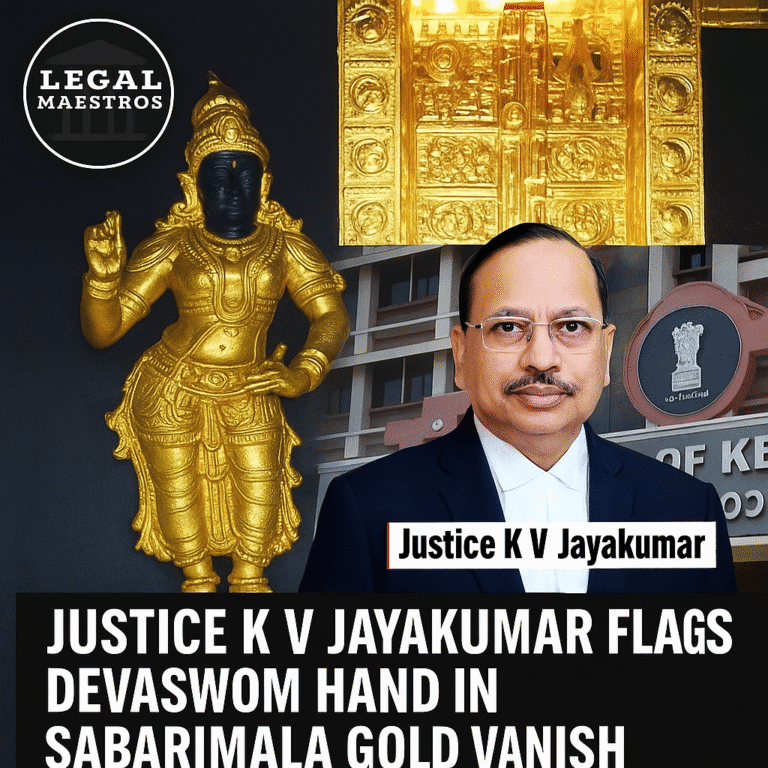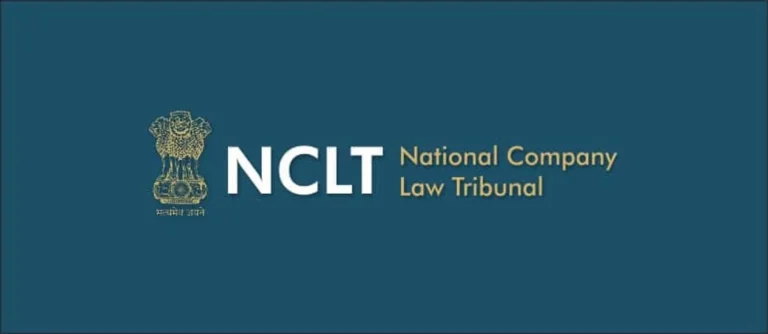
Delhi High Court Halts NHAI’s Legal Recruitment via CLAT PG Scores
The Delhi High Court Intervenes: A Blow to NHAI’s Recruitment Policy
In a landmark decision that has rocked the legal system and the job market in the society, the Delhi High court has put on hold the National Highways Authority of India (NHAI) recruitment exercise on the basis of CLAT PG scores. The court held that there was neither a rationale nor a nexus between the CLAT PG exam that aims at qualifying to join the masters degree programs and the criteria used in hiring the legal professionals. This temporary injunction was issued as the court was listening to a petition that the decision by NHAI to adopt the CLAT PG scores as the sole selection criterion was unjust. This decision by the court provides emphasis on the judiciary in enforcing the employment requirements of the people to be fair, and transparent, and make logical sense to the job requirements.
The Core of the Dispute: Exam for Academics vs. Job Recruitment
The law issue was based on a notification of the NHAI that aimed to hire 44 candidates to the position of Young Professional (Legal), and the only selection method was their results in the Common Law Admission Test (CLAT) in 2022 and further. This was a case of arbitrariness and discrimination that the petitioner, who was a practicing advocate, argued. The CLAT PG is only supposed to gauge how a candidate is fit to undertake an LL.M. (Master of Laws) degree, but not to indicate their job-related competence. The court did not disagree with this and noted that an examination aimed at testing academic ability to pursue higher education is not an appropriate measure when considering the ability of a job applicant to perform at work, such as drafting, advocacy, and contractual law, which is also vital in an NHAI job.
The Court’s Scathing Observations on NHAI’s Rationale
The bench of the Delhi high court including the Chief Justice Devendra Kumar Upadhyaya and Justice Tushar Rao Gedela was extremely critical of the reasons by NHAI during the hearing. The court rejected the argument by the counsel of NHAI that the CLAT scores were the reasonable measure of what constituted the legal acumen of a candidate. According to the judges, there are various skills that are needed in different purposes. They indicated that an individual can be in a better position to proceed with higher studies and the other is more employable and these two aspects cannot be equated. Another issue that the court faced was the subject of why other reputable law schools such as NLU Delhi that do not take part in the CLAT PG, were not being included in the hiring pool.
For any queries or to publish an article or post or advertisement on our platform, do call at +91 6377460764 or email us at contact@legalmaestros.com.
The Broader Implications for Public Sector Hiring
The decision of the Delhi High Court may bear far reaching consequences on the recruitment procedure of legal professionals by other state sector enterprises (PSUs) and governmental organizations. Even over the years, a short cut used in recruitment, which involves the use of CLAT PG scores by many PSUs, has been greatly challenged by the judiciary. This case may compel government agencies to take a second look at their recruitment rules and come up with new and more extensive and merit-driven selection theories that involve a written examination, interviews, and a factor of previous working experience. The ruling of the court is a victory to a broader category of law graduate and practicing lawyers who did not receive such opportunities before.
Upholding Constitutional Principles of Equality and Fairness
The decision of the court is a mighty declaration of constitutional principles of Articles 14, 16 and 21 that affirm equality before the law, equal opportunity in public employment and the right to livelihood. The fact that NHAI was using only one poorly-suited academic score as the only measure of its ability to be employed by the public was in effect constructing an unjustified wall. The intervention of the Delhi High Court is based on the fact that the process of providing jobs to the population remains transparent, fair, and accessible to all eligible individuals, which is what the cornerstones of the Constitution are. This decision is an important lesson to note that a strong and logical nexus between the job profile and selection criteria is a good practice, but it is also mandatory.
For any queries or to publish an article or post or advertisement on our platform, do call at +91 6377460764 or email us at contact@legalmaestros.com.





![Research Assistantship @ Sahibnoor Singh Sindhu, [Remote; Stipend of Rs. 7.5k; Dec 2025 & Jan 2026]: Apply by Nov 14, 2025!](https://legalmaestros.com/wp-content/uploads/2025/11/Gemini_Generated_Image_s0k4u6s0k4u6s0k4-768x707.png)
![Karanjawala & Co Hiring Freshers for Legal Counsel [Immediate Joining; Full Time Position in Delhi]: Apply Now!](https://legalmaestros.com/wp-content/uploads/2025/11/Gemini_Generated_Image_52f8mg52f8mg52f8-768x711.png)
![Part-Time Legal Associate / Legal Intern @ Juris at Work [Remote]: Apply Now!](https://legalmaestros.com/wp-content/uploads/2025/11/ChatGPT-Image-Nov-12-2025-08_08_41-PM-768x768.png)
![JOB POST: Legal Content Manager at Lawctopus [3-7 Years PQE; Salary Upto Rs. 70k; Remote]: Rolling Applications!](https://legalmaestros.com/wp-content/uploads/2025/11/ChatGPT-Image-Nov-12-2025-08_01_56-PM-768x768.png)